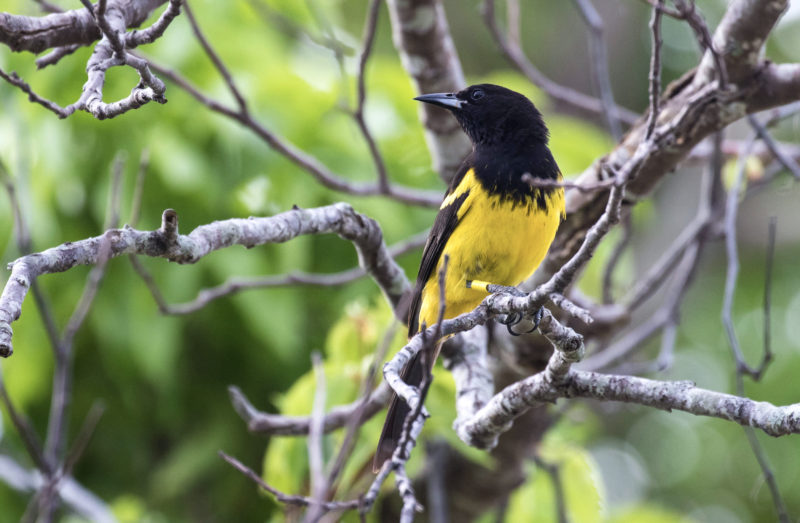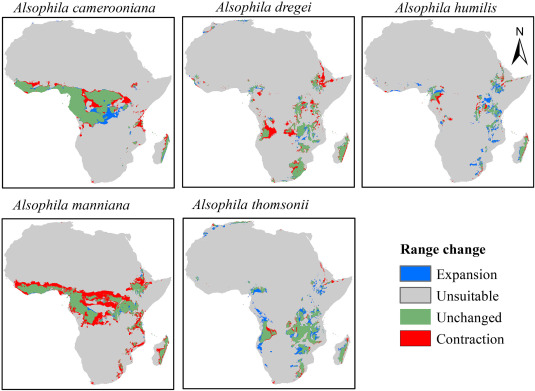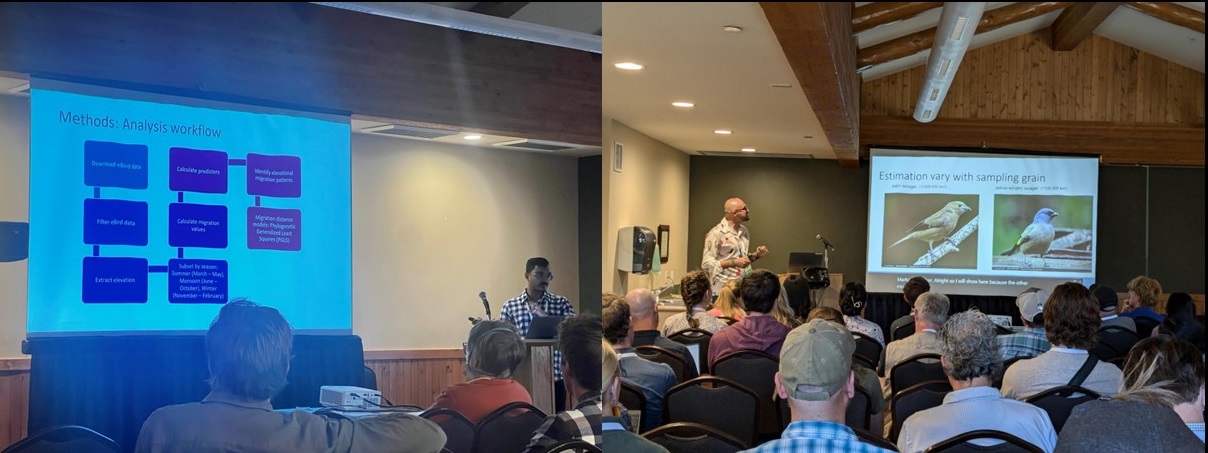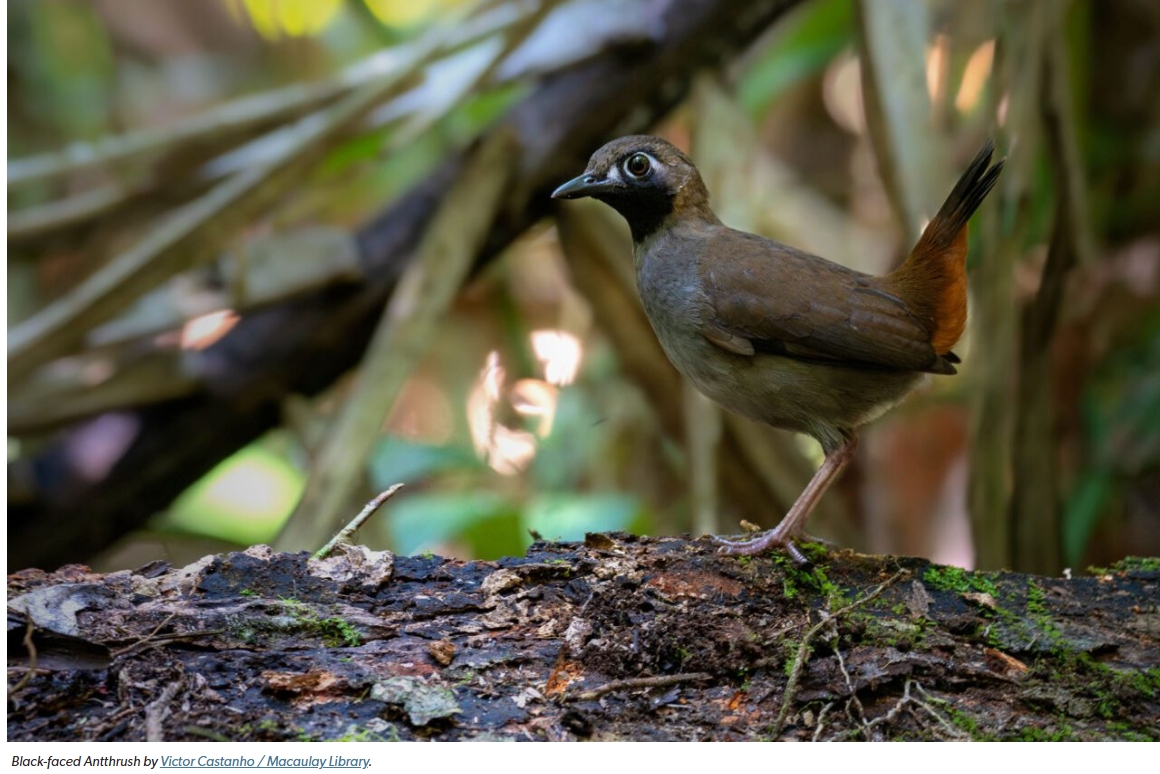Rick Stanley, PhD student in UF’s Interdisciplinary Ecology program and TCD program recently published a new paper that identifies native pine forests as key to conserving the highly endangered Bahama Oriole on Andros Island in the Bahamas. Contrary to “conventional wisdom”, this study discovered that the Bahama Oriole was in fact more abundant than originally expected. Their study sampled more intensively habitats throughout Andros, including native pine forests, which had been overlooked in previous work. Their study highlights the need for systematic, rigorous studies that include efforts to include analyses that incorporate detection probability to come up with population estimates. The paper was authored in collaboration with Michael Rowley (senior author) and Kevin Omland (anchor author) from University of Maryland Baltimore County together with colleagues from the Bahamas national Trust and Smithsonian Conservation Biology Institute. To learn more, you can access the full article, entitled “Hierarchical distance sampling reveals increased population size and broader habitat use in the endangered Bahama Oriole” published in Avian Conservation and Ecology here. Rick is a PhD student in the Loiselle lab – learn more about Rick on his website or here.
By loiselleb@gmail.com|
2021-03-16T01:53:01+00:00
March 16th, 2021|birds, conservation, graduate students, SNRE, TCD|0 Comments













Recent Comments